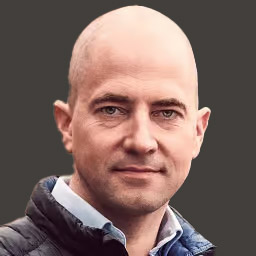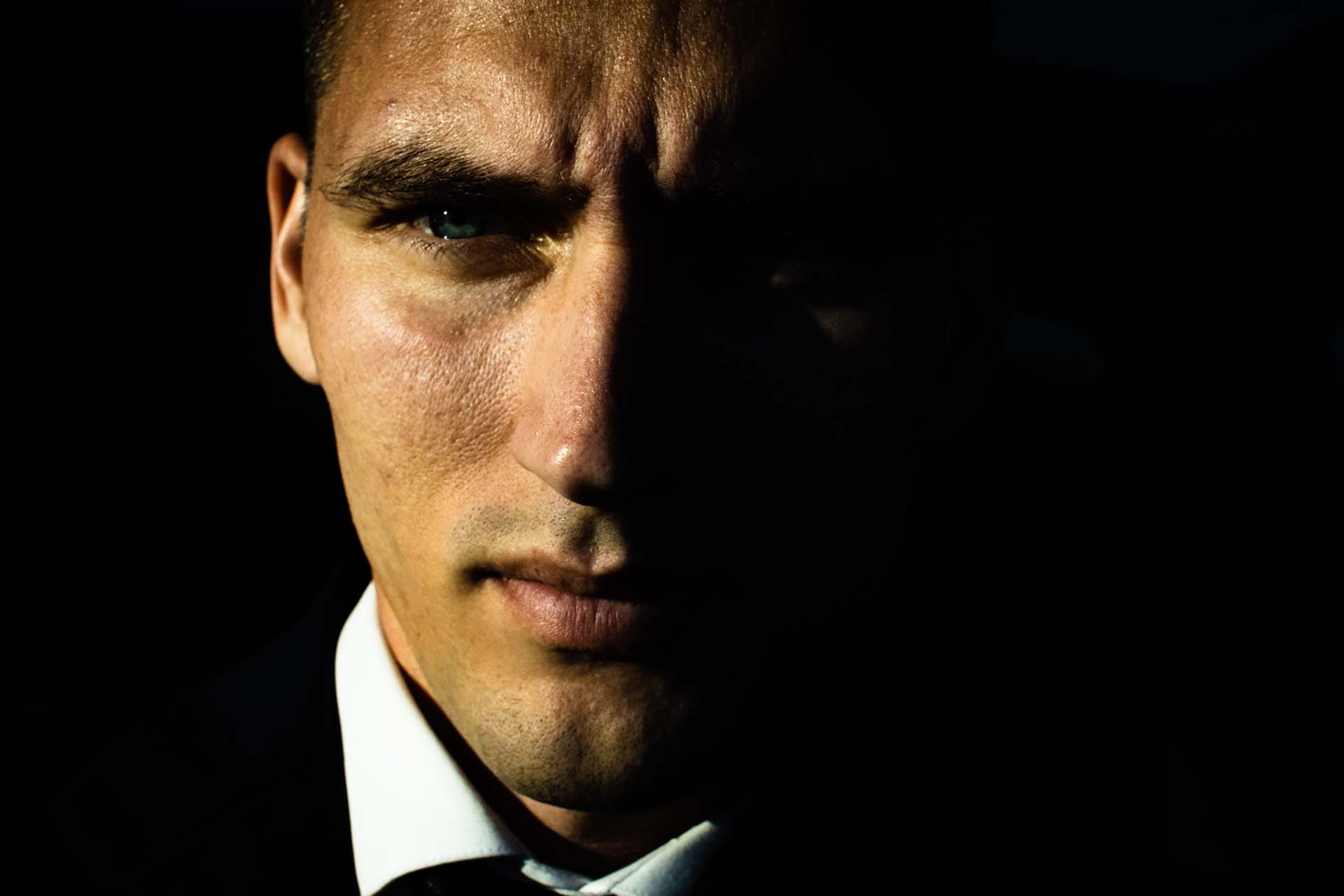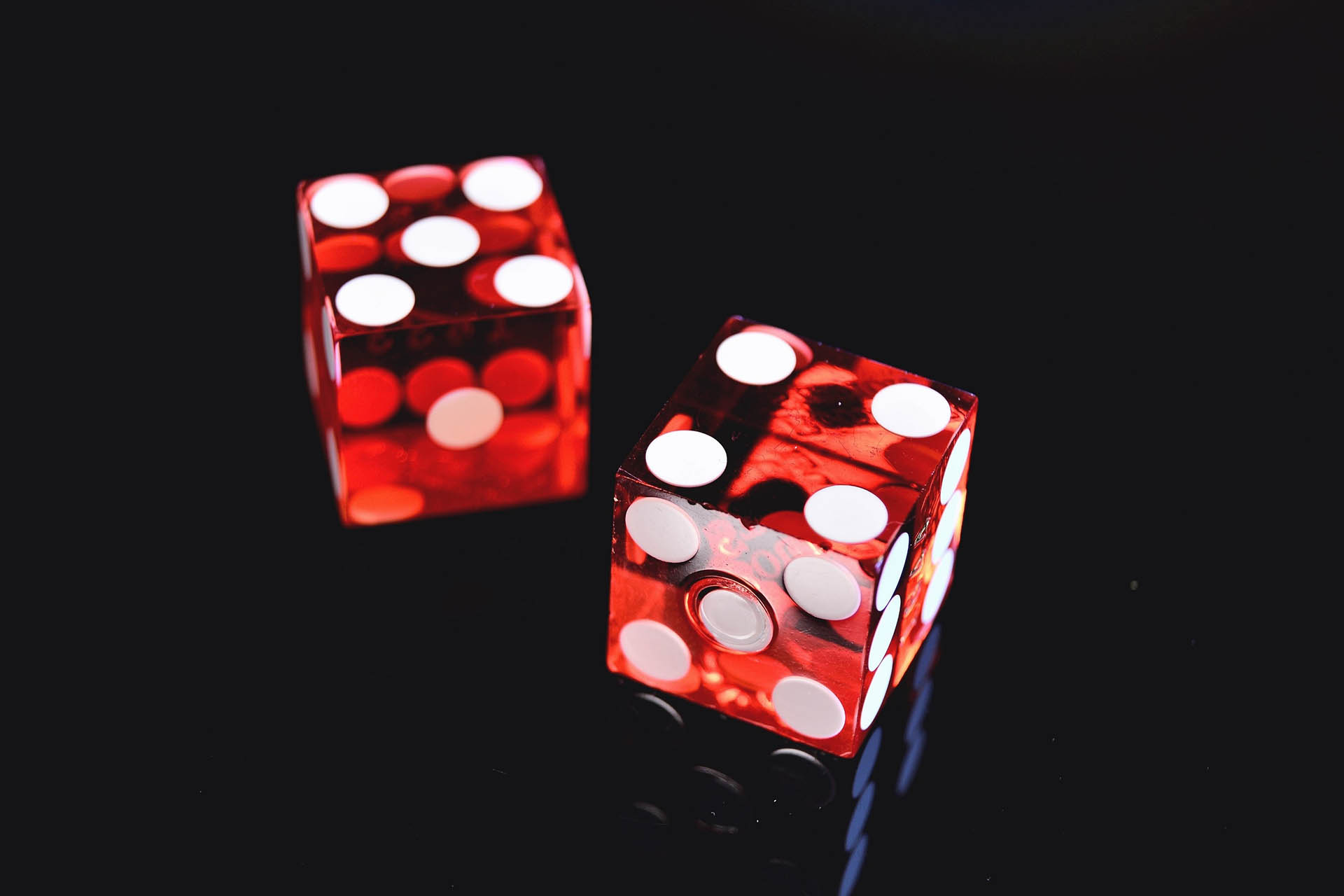Karl Meier and sustainability in companies
Karl Meier, whom everyone calls the “old man” (“Der Alte”) with reverence because of his resemblance to the chief detective from the German crime series, is standing at the bar table with a green coffee-to-go mug at the networking meeting of the Chamber of Industry and Commerce in Schraubenheim.
Across from him, Thomas Mueller-Blech, an entrepreneur friend, is talking himself into a rage: “This damned sustainability wave is suffocating us! We are being crushed with more and more new regulations and high costs for environmentally friendly production. When I look at my energy costs like this, it brings tears to my eyes. Sustainability is important, but we must not sacrifice our profitability. This whole sustainability debate is really getting on my nerves.”
Around the table you see nods of agreement and awkward silence. Only Karl Meier, head of CoolGrill, smiles to himself.
“What’s there to smile about Karl?” asks Thomas Müller-Blech. On his wrist, the smartwatch flashes and warns of too high a pulse.
“You know, Thomas, I was talking like you myself not long ago. Then on Christmas 2021 I had a bit of a restless night and got to thinking. I can’t say that all the challenges leave me cold. Quite the opposite. In the meantime, however, I have also discovered quite a few opportunities.”
“I see. And what are those?” asks Thomas Müller-Blech with a roll of his eyes.
Discovering opportunities and possibilities
Karl lists the measures he has implemented at CoolGrill over the past year:
- Analysing electricity consumption. Who are the biggest consumers? Where is there potential for savings? Where can something be optimised with simple means? CoolGrill was able to save a whole 10 % in this way.
- Long-term green power contracts concluded. In technical jargon, this is called a PPA (Power Purchase Agreement).
- CoolGrill now generates part of the electricity it consumes itself. Photovoltaic systems on the car park and the company building cover a good part of the electricity consumption in the administration.
“In this way, we have already been able to significantly reduce our own CO2 emissions. If CO2 emissions are taxed more in the future, then my profitability will improve. At most, we will be sacrificing our planet if we don’t do that.”
“Hmmm, there may be something to that. But this supply chain due diligence law is really a bureaucratic monster. The name alone is terrible,” grumbles Thomas Müller-Blech.
“Yes, that gave me a headache, too. Our purchasing team is just 10 people. I can’t keep them busy all day with the implementation of this law. But look at it this way, if we all fulfilled our responsibilities, we wouldn’t need these laws.”
Again, Karl briefly tells us how CoolGrill implements this law:
- For CoolGrill’s 1,000 suppliers, software performs an automated risk assessment for environmental and human rights risks.
- A self-disclosure questionnaire is automatically sent to about 10% of suppliers with high and medium risk and evaluated with the support of AI.
- Where the required evidence is not provided or there is still reasonable suspicion, audits are carried out. Of course, we can’t manage this alone and that’s why we joined an industry initiative.
“The approx. 150,000 € per year including personnel costs hurt me, of course. But I also don’t want to watch how human rights and environmental protection are disregarded worldwide,” Karl ends his insight.
“I told you, we sacrifice our profitability!” Thomas Müller-Blech is already back in his element.
“Increases my motivation to look for new business models,” Karl counters with a wink.
The search for regenerative business models
In a recent circular economy workshop, CoolGrill generated the following ideas. The Circular Economy Pattern Cards helped with this:
- Recycling – Increase the recycled content in the grille. Not so easy, because the availability of suitable recycled plastic is limited. However, the CoolGrill team, together with a university and a start-up, is researching a process to make post-consumer recyclate (PCR), i.e. plastic from e.g. household waste, usable.
- Biodegradability – A team is experimenting with the production of biodegradable plastic parts. Compost heap instead of yellow bag is the motto. It’s also a way to generate sales outside the automotive sector.
- Energy recovery – Coolgrill sells plastic waste to Plastic2Oil, which generates fuel from it.
“Do more good instead of doing less harm”, Karl Meier sums up his insight, “is our new motto”. He can see from the faces of the others that he has made them think.
Where do you start on the topic of sustainability?
If this story also makes you think, then the article has achieved one goal. The three topic areas mentioned are only a small section of the topic spectrum of sustainability. Unfortunately, the multitude of aspects, abbreviations, laws and initiatives often make it difficult to see the wood for the trees and to get started.
My second goal is to get us into action together. Here are some tips for concrete first steps:
- Make sustainability a topic in your company.
+ Invite a representative of a sustainability organisation to your company for a Lunch and Learn. (Approx. one hour time investment.)
+ The Week raises awareness of the problems and motivates people to take action. (Approx. six hours of time investment) - Research the funding programmes of the Federal Ministry for Economic Affairs and Climate Protection and specifically target a programme that suits you.
- Watch five practical films on how German companies have integrated sustainability in supply chains into their business practice. (Approx. 30 minutes time investment.)
- Become part of the LinkedIn group “Regenerative Business Network DACH“.
- Host an idea workshop for new business models based on the principles of the circular economy.
A final plea
Today, the discussion on sustainability is often characterised by emotional debates. However, black-and-white discussions and mutual finger-pointing cost a lot of energy and do not get us any further.
Are you, like Karl Meier, already on the way to more sustainability or even real pioneers in the topic of sustainability? Then don’t pillory people like Thomas Müller-Blech. He is concerned about profitability in his company and the complexity of the issue does not make it any easier for him. Recognise that nobody is perfect and praise small first steps towards more sustainability. You also started small once.
Or are you more like Thomas Müller-Blech? Your head is buzzing with the demands of your customers and the legislators. You have no idea how to implement all this. The tense economic situation also scares you. But often ecological sustainability also offers opportunities for more economic sustainability. Think of the 10 % energy costs that Karl Meier was able to save.
The path to more sustainability can be a lot of fun. That’s a promise! So take the first small step today. There were a handful of ideas to get started in the previous paragraph.
Notes:
If running off is still hard, feel free to check out CompanyPirate or contact Tobias Leisgang for a few first metres together 😉 .
If you like the post or want to discuss it, feel free to share it with your network.
Tobias Leisgang has published other posts on the t2informatik Blog:

Tobias Leisgang
‘The future is the only place I’ll spend the rest of my life’ – Charles Kettering was right and Tobias Leisgang takes this quote very seriously. After studying electrical engineering, he developed semiconductors, researched the latest technologies with global teams and made the supply chain of an automotive supplier fit for the future.
Today, he helps small and medium-sized companies develop sustainable business models – with a great deal of foresight and a dash of pragmatism. Because there are often many decisions to be made between good ideas and their implementation – and that’s exactly where Tobias comes in: in ‘Kopf & Bauch – Der Podcast der Entscheidungen’, he provides exciting insights into how to make them.
And because standing still is not an option for him, Tobias continues his journey as a future shaper – not in a fancy suit, of course, but as a student in the future design programme. After all, who says you can never learn enough?


